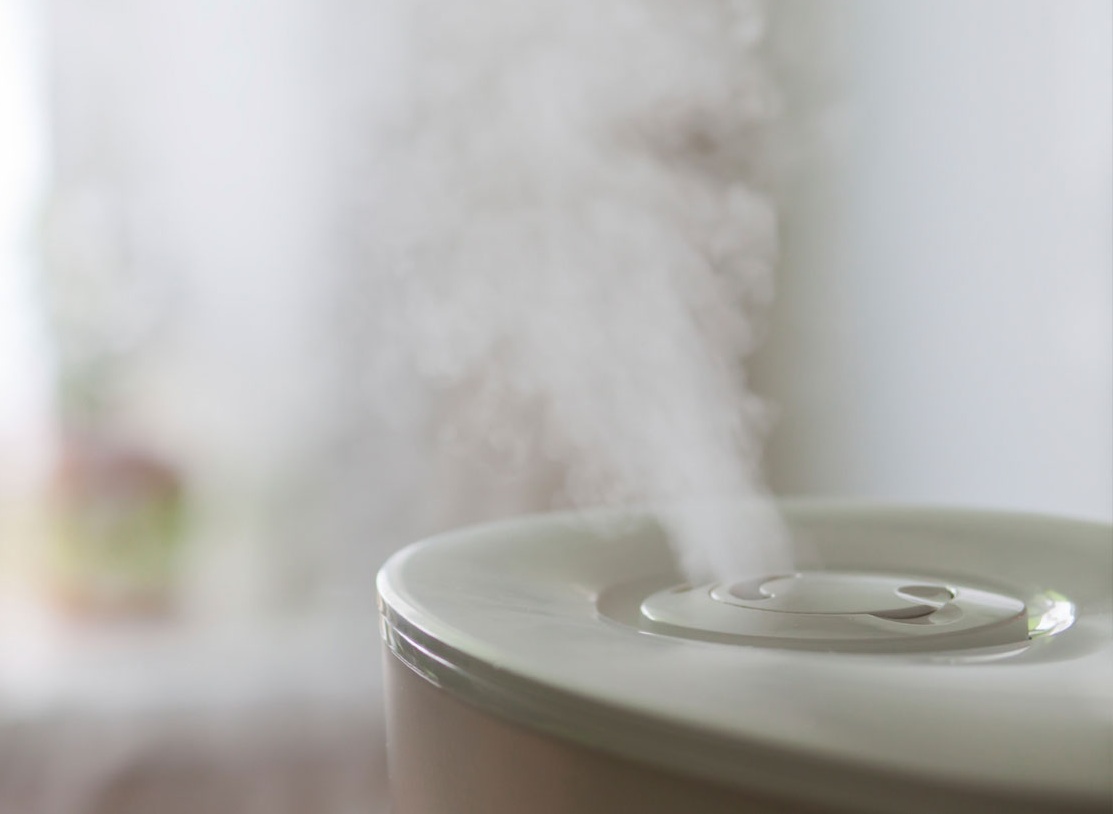
As we watch the winter weather began to dissipate and the days get longer, we know that spring is coming. Of course, with beautiful springtime weather comes seasonal allergies.
According to John Hopkins Medical, in the United states, various allergies affect more than 50 million people each year and are the sixth most common chronic illness.
Allergy Symptoms
The ways that different plants, grasses, animal dander, and pollen affect each individual varies. Some experience mild symptoms that are moderately irritating, while others are completely debilitated by their symptoms.
The intensity of allergy symptoms can also differ from year to year; if it was a dry winter, there may not be as much active blooming in the spring — saving those with pollen allergies from severe reactions that year.
Symptoms related to seasonal allergies can be exhibited in a number of ways, such as:
- Sneezing

- Coughing
- Scratchy throat
- Dry mouth
- Wheezing
- Watery or itchy eyes
- Headaches
- Runny nose
- Fatigue
- Fever
- Skin irritation
Those who never experienced any allergy symptoms as children can actually develop them as they get older. People can develop a sensitivity to allergens at any point in their life, whether naturally or as a side effect of certain oral medications.
How to Minimize Allergy Symptoms
The spring blossoms are going to rear their heads — there is no stopping them. Taking preventative measures to lessen the severity of your symptoms is the best thing you can do.
Eye Wash
If you are greatly affected by dry, itchy, or watery eyes during allergy season, a regular eyewash may be of help.
A saline solution, or sterile eye drops, work to rinse out any pollens or allergens that may have attached themselves to your eyelashes or eyes themselves, and can bring you temporary relief.
This can be especially valuable to those that wear contact lenses and are affected by allergies.
Using a Humidifier
If you live in a dry or arid area, utilizing a humidifier may help to tame your congestion. Dry climates cause you to produce more mucus. By introducing humidity into a room, it can help to soothe a sore throat and reduce a dry cough.
Do take heed that too much humidity in a room creates an environment for dust mites and mold to thrive in.
Invest in a quality humidifier with a hygrometer to help keep your rooms at the ideal humidity: between 40 and 50 percent.
Avoid Pet Dander
Our pets are covered in fur, which picks up and carries around pollen, dander, and other allergens. Give your pets regular baths to reduce the amount of dander, dirt, and allergens they bring into the house.
Additionally, regularly vacuuming and dusting your house will help to minimize the allergens you pets bring in.
If you routinely sleep with your pet in your bed, the springtime may be a time you encourage them to sleep on the floor. In the U.S., three out of 10 people are allergic to their pets.
If you find you are allergic to your pet’s dander, it may be wise to make sleeping separately a permanent change. It may be difficult at first, but it is one more step you can take to avoid waking up congested in the morning.
Edible Allergy Combatants
Those who look towards natural solutions for the treatment of their allergy symptoms commonly list two items as particularly useful — local honey and raw cow’s milk.
There are other foods that can help to deter springtime allergy symptoms that could also be considered as the weather warms up. However, start with these commonly used ones first:
Local Honey
Many have turned towards local honey for allergy relief. It is speculated that the exposure to pollen that causes you to have an allergic reaction will help you to build an immunity to it over time.
The jury is still out on whether this can be relied upon as a useful method. Whether you are 100 percent convinced or not, consuming locally harvested honey near your place of residence will still taste as sweet as honey from anywhere else — why not give it a shot?
Raw Unpasteurized Milk
While we are waiting to be convinced about the local honey evidence, there is solid research on using raw unpasteurized milk to reduce allergy symptoms.
According to a study published on Mercola and conducted by Ludwig Maximilian University (LMU) in Munich, Germany, raw unpasteurized milk had a positive effect on European school-aged children. It was found that 50 percent of the 8,000 children studied were less likely to get hay fever than those who drank pasteurized milk (milk that has been heated as a means of killing potential pathogens).
It is not only a result of the cows eating grasses that may help us to build a tolerance, but it is also the composition of the milk itself. According to Mark McAfee, the founder of Organic Pastures Dairy, “[T]he milk is alive [with beneficial] bacteria and your body recognizes it … [These beneficial bacteria] colonize and become part of your immune system.”
Taking note of what works for you can be important in protecting yourself this allergy season. If you find a method or medication that works, write it down somewhere to remind yourself for the following year.
We tend to forget how miserable allergy season can be until we are in the thick of it again. Come into this spring feeling prepared to protect yourself from the onslaught of seasonal allergies.




Be the first to comment